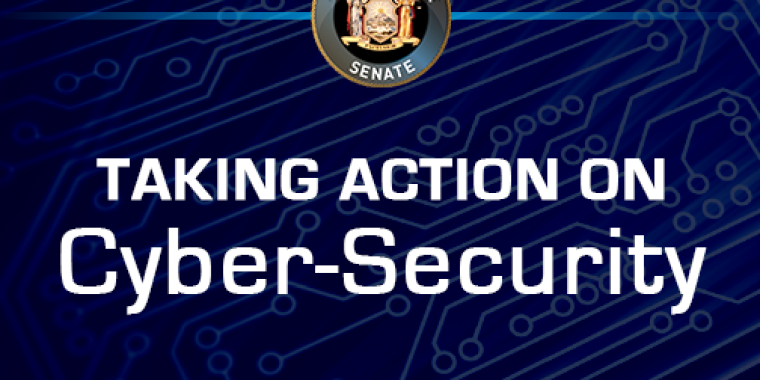
Senator Nozzolio Announces E-Stop Law Leads to Removal of More Than 24,000 Online Accounts and Profiles Linked to Registered Sex Offenders
Michael F. Nozzolio
April 29, 2011
-
ISSUE:
- Crime
New York State Senate Crime Victims, Crime and Correction Chairman Mike Nozzolio has announced that the e-STOP Internet safety law has resulted in the removal of more than 24,000 accounts and online profiles linked to registered sex offenders. Senator Nozzolio led the fight in the State Senate to enact e-STOP when it was first established in 2008.
“E-STOP has kept thousands of dangerous sex offenders away from our children and has put New York State at the forefront in assisting law enforcement officials with pursuing online predators,” said Senator Nozzolio. “I am proud that this legislation, which I fought to enact, has become one of the strongest and most effective Internet safety laws in the nation.”
The Electronic Security and Targeting of Online Predators Act (e-STOP) requires sex offenders to register and keep up-to-date, all current email accounts, screen names, and any other Internet identifiers with the state Division of Criminal Justice Services (DCJS). The list is then given to social networking sites and other online services who prescreen or remove sex offenders and notify law enforcement authorities of their activity.
As Chairman of the Senate Crime Victims, Crime and Correction Committee, Senator Nozzolio has fought strenuously for increased penalties for sex offenders and legislation to protect our children and communities from predators. He sponsored Megan’s Law, which first established the New York State Sex Offender Registry and has since fought to strengthen the registry to provide more information and make it easier for parents to use.
“E-STOP is the next generation of Megan’s Law and has been critical in stopping individuals who use new social networking technology to prey on children,” said Senator Nozzolio. “As State Senator, I will continue working to build on the success of this law and expand the tools available for law enforcement to safeguard our children online.”



